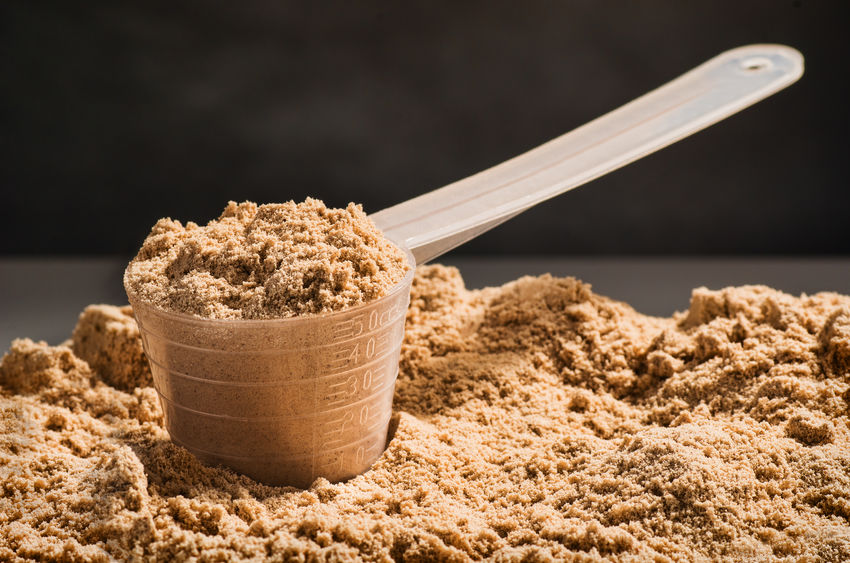By Sean Zucker –
While gyms across the country are still mostly closed, people continue to work out at home. Other work out-related activities and products are likely to remain in place as well. For example, anyone who’s ever stepped in a gym, at home or otherwise, probably is familiar with protein powder – the dusty supplement often ingested through shakes before or after a workout to boost the efficiency and impact of muscle building exercises. Popular stuff. But a growing list of experts now claim the powder may do more than build muscle. It may be harmful.
WedMD lists whey, soy, and casein as the most popular protein bases for the complementary powder but warns that overconsumption of these, regardless of the powder’s core ingredients, may result in serious health conditions tied to kidneys and hydration. Ultimately, the health site claims protein powders are not necessary if an individual maintains a normal, healthy diet.
Harvard Health adds to the warnings by noting the lack of regulation involved in the production of protein powders. The accredited institute points to protein powder’s classification as a dietary supplement as the major hurdle. The FDA leaves it up to manufacturers to evaluate the safety and labeling of dietary supplements, which means there is no official oversite of what’s in these powders. This opens the door for manufactures to include any number of harmful ingredients or even chemicals with little, if any, oversight to stop them.
Similarly, Harvard Health points to the small sample size of scientific findings on protein powder and its possible long-term effects as another red flag. While there have been studies conducted on these supplements, their widespread use is still relatively new, making it difficult to calculate their long-term impact. But even the studies that have been completed do not paint an encouraging picture.
One of the more recent studies completed earlier this year at Washington University focused on the effects of a high protein diet, especially one aided by protein powder. The researchers examined overabundance of protein on mice and found that while high-protein diets may result in weight loss and muscle build muscle, they can also generate plaque buildup in arteries, increasing the risk of heart disease.
Last year, the University of Sydney examined whether there are any ongoing ramifications or potential side-effects from long-term use of protein powder and similar products. Its findings suggest that though protein powder is great for increasing muscle mass, it could shorten a user’s lifespan. “While diets high in protein and low in carbohydrates were shown to be beneficial for reproductive function, they had detrimental effects for health in mid-late life, and also led to a shortened lifespan,” lead researcher Dr. Samantha Solon-Biet explained.
The study highlights the importance of getting protein from varying sources in order to get a variety of essential amino acids, through healthy and balanced diet rich in fiber, vitamins and minerals. Researchers warned that without this variance, the proteins can negatively influence a person’s mood and lead to overeating.
Is this the final scoop on protein powder? Of course not. But it’s important to understand the potential ramifications of powder consumption and not depend on it as a sole source of protein.












